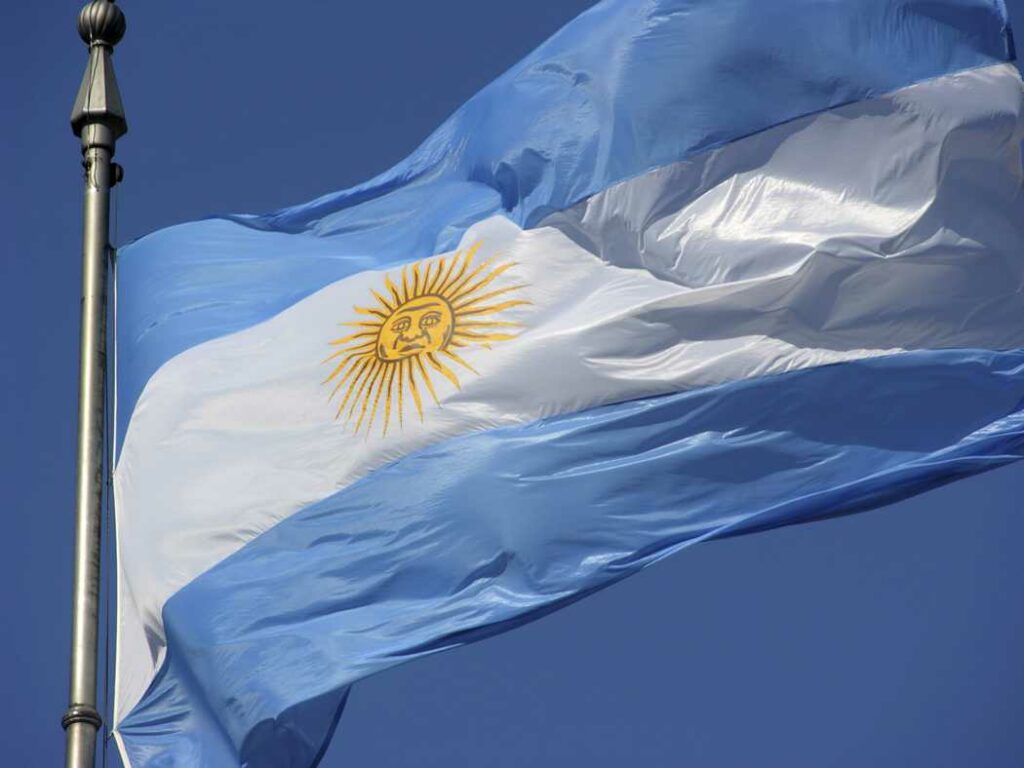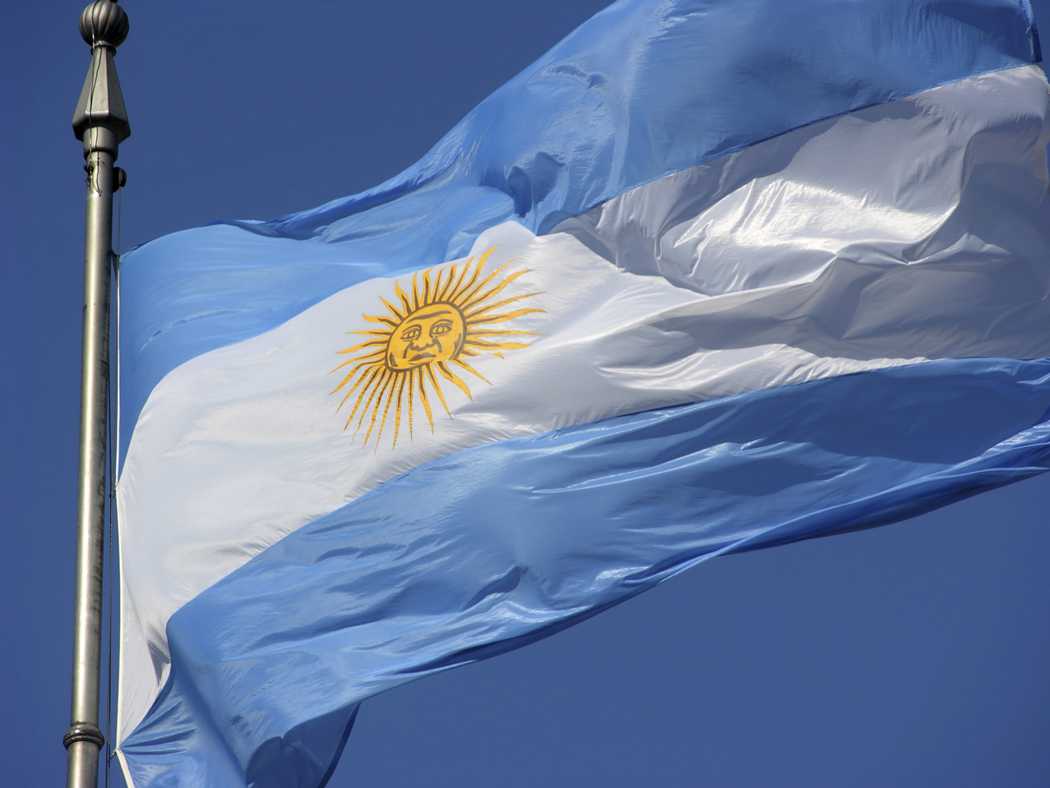ANKARA, Turkey—On April 24-25, a symposium on the Armenian Genocide, titled “1915 within its pre and post-historical periods: Denial and Confrontation,” will be held in Ankara. Organized by the Ankara Freedom to Thought Initiative (AFTI), the symposium will not only address the history, but explore issues like the confiscation of Armenian property and reparations.
Confirmed participants include Ragip Zarakolu (publisher), Recep Marasli (author of The Armenian National Democratic Movement and 1915 Genocide), Sait Cetinoglu (activist and writer), Dr. David Gaunt (genocide scholar, author of Massacres, Resistance, Protectors: Muslim-Christian Relations in Eastern Anatolia During World War I), Dr. Henry Theriault (professor of Philosophy, Worcester State University), and Khatchig Mouradian (Doctoral student in Holocaust and Genocide Studies, Clark University; editor, the Armenian Weekly).
Dedicated to the memory of Hrant Dink, the symposium will comprise of four sessions: a) the Armenian Genocide from a historical perspective, b) official ideological denial from the Committee of Union and Progress (CUP) to Kemalism, c) Turkification of the Economy and the issue of the confiscated Armenian Property, and d) what needs to be done and how?
Asbarez will provide in depth coverage of the conference.
=========== NOTE FROM TURKISH FORUM =========================
It is unbelievable that ARF makes provocation until Ankara. Armenian Weekly is the newspaper of ARF in eastern part of USA; they published calls to murder against archibishop Levon Tourian in 1933, during the months preceding his assassination by 7 Dashnaks, in his proper church; Armenian Weekly published Naziesque articles from 1933 to 1943; Armenian Weekly supported passionately Armenian terrorism of 1970’s and 1980’s, with a openly racist perspective (against the “Turkish Mongol” race), calling even “a success” the assassination of Ahmet Benler, the 27-years-old son of Turkish ambassador in The Heague.
They are killing Hrant Dink a second time. He was rather stupid and ignorant, but he had fair ideas.
Will be somebody to this conference to say the truth to this Dashnak and to the rascal who will be with him on the tribune?
===================================================
If this is design to open discussion about validity of Armenian claims,I understand. Otherwise Symposium ought include the following:
e) Armenian aggression to Azerbaijan
f) Confiscated of non Armenian properties in Armenia
g) Role and participation of Armenian people in PKK activities
Armagan




 U.S. — US President Barack Obama speaks about reforming Wall Street and the financial reform bill in the Great Hall at Cooper Union in New York, 22Apr2010
U.S. — US President Barack Obama speaks about reforming Wall Street and the financial reform bill in the Great Hall at Cooper Union in New York, 22Apr2010


